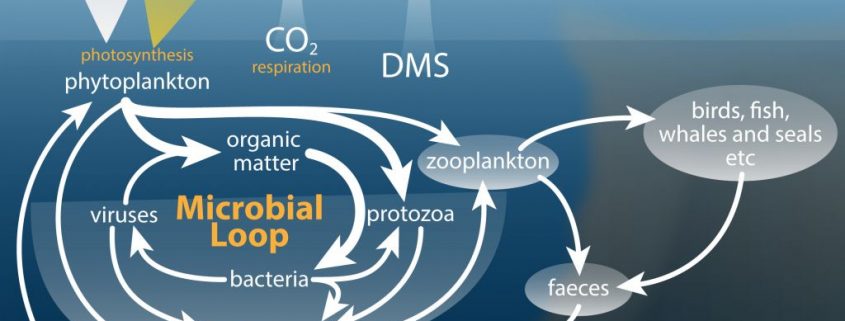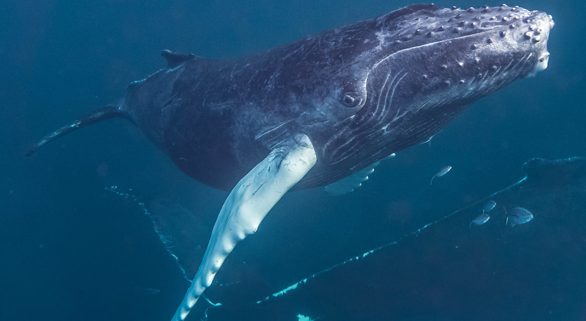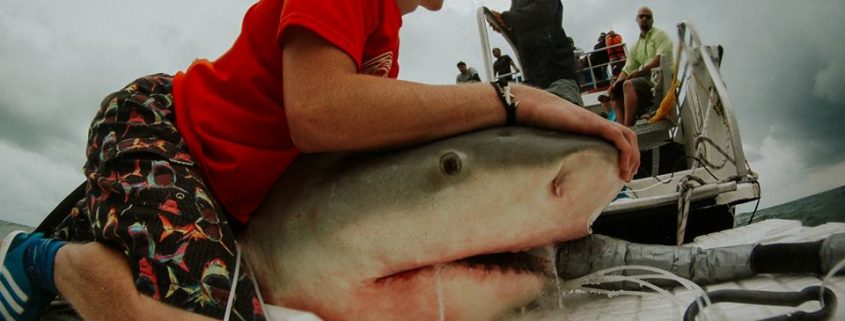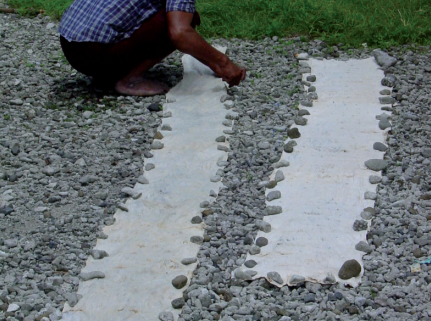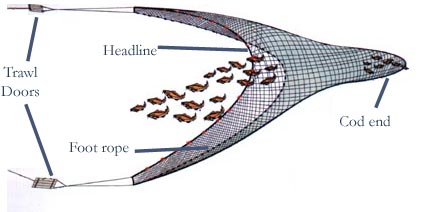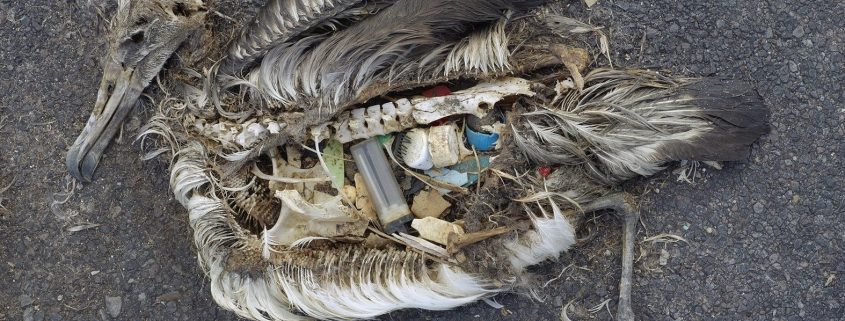Ocean Acidification and Its Effect on Bacterial Communities
By Casey Dresbach, SRC Intern The pH of the ocean is changing incrementally, as a result of increases in atmospheric carbon dioxide. As shown in Figure 1, a proceeding decline in seawater pH has been induced by ocean acidification and will continue over the next hundred years. The ocean is expected to decline an average […]
Effects of fishing rope strength on the severity of large whale entanglements
By Leila AtallahBenson, SRC Intern On top of whales being majestic giants that are exciting to watch, they are also an important animal for marine ecosystems. They enhance primary productivity in nutrient lacking areas and ocean surfaces, and their carcasses provide habitat and energy sources for deep-sea species1. In both these instances, whales fix […]
Shark Tagging with Felix Varela Senior High School
By Shannon Moorhead, SRC Intern On Saturday March 5th, the SRC team was joined by students and faculty from Felix Varela Senior High School- and what a day it was! When I arrived at Crandon Marina, I was afraid that questionable weather would keep us inshore, but our trip leader settled on a location: Soldier […]
The Effect of Materialism on Ecotourism Attitudes, Interest, and Intention
By Dana Tricarico, SRC Intern The term “ecotourism” has been widely used since the late 1980s and has become a major niche in not only the tourism sector itself, but also in tourism studies (Weaver and Lawton, 2007). Traditional approaches to conserving biodiversity in ecologically important areas have proved to be ineffective due to conflicts […]
Addressing knowledge gaps to utilize best practice management for bottom-trawling fisheries
By Grace Roskar, SRC Intern Bottom-trawls are a type of fishing gear that can be destructive towards the seabed and its associated organisms. A fishing vessel tows large trawl nets that trap marine animals as they are dragged across the ocean floor. With heavy ropes, chains, or bars, the fishing gear disturbs the seabed while […]
Percentage of Seabird Species Ingesting Plastic Expected to Reach 99 Percent by 2050
By Laura Vander Meiden, SRC Intern A recent study has found that if current rates of plastic introduction into the ocean continue, by 2050 approximately 99 percent of all seabird species will have ingested plastic. The study, published in September of 2015, uses a computer model based upon an analysis of data provided by past […]

